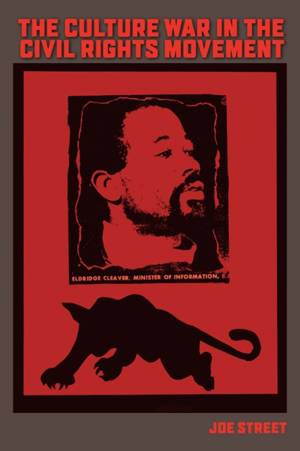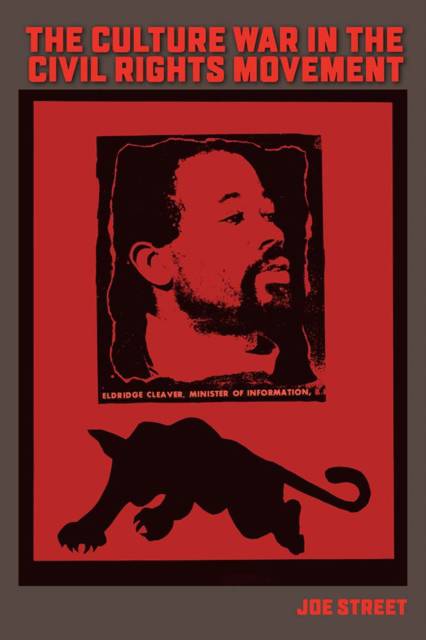
- Afhalen na 1 uur in een winkel met voorraad
- Gratis thuislevering in België vanaf € 30
- Ruim aanbod met 7 miljoen producten
- Afhalen na 1 uur in een winkel met voorraad
- Gratis thuislevering in België vanaf € 30
- Ruim aanbod met 7 miljoen producten
Zoeken
Omschrijving
From Aretha Franklin and James Baldwin to Dick Gregory and Martin Luther King, the civil rights movement deliberately used music, art, theater, and literature as political weapons to broaden the struggle and legitimize its appeal. Joe Street places these cultural forms at the center of the civil rights struggle, arguing that the time has come to recognize the extent to which African American history and culture were vital elements of the movement, calculated to broaden the movement's appeal within the larger black community. He places considerable emphasis on Amiri Baraka's interpretation of the importance of music and art to the development of black nationalist thought in the 1960s, especially as expressed in his jazz criticism and plays. Drawing upon a wide variety of sources, from the Free Southern Theater to freedom songs, from the Cuban radio broadcasts of Robert F. Williams to the art of the Black Panther Party, Street encourages us to consider the breadth of forces brought to bear as weapons in the struggle for civil rights. Doing so also allows us to reconsider the roots of Black Power, recognizing that it emerged both from within and as a critique of the southern integrationist movement.
Specificaties
Betrokkenen
- Auteur(s):
- Uitgeverij:
Inhoud
- Aantal bladzijden:
- 244
- Taal:
- Engels
Eigenschappen
- Productcode (EAN):
- 9780813054872
- Verschijningsdatum:
- 29/08/2017
- Uitvoering:
- Paperback
- Formaat:
- Trade paperback (VS)
- Afmetingen:
- 152 mm x 229 mm
- Gewicht:
- 367 g

Alleen bij Standaard Boekhandel
+ 60 punten op je klantenkaart van Standaard Boekhandel
Beoordelingen
We publiceren alleen reviews die voldoen aan de voorwaarden voor reviews. Bekijk onze voorwaarden voor reviews.








